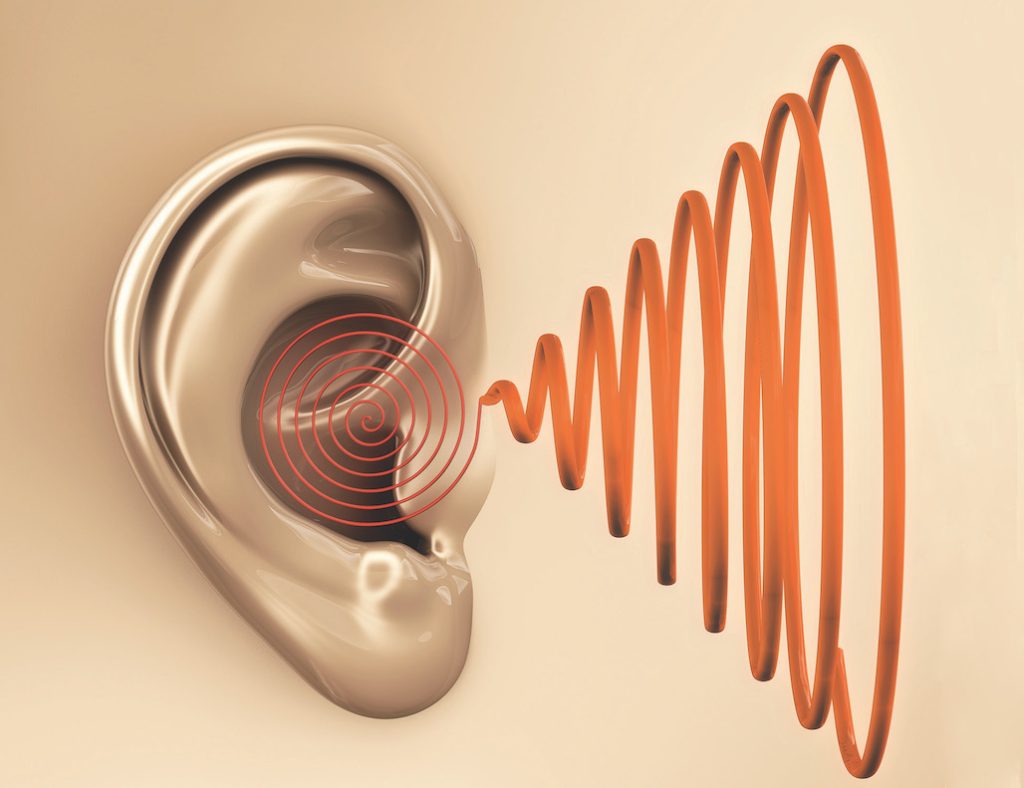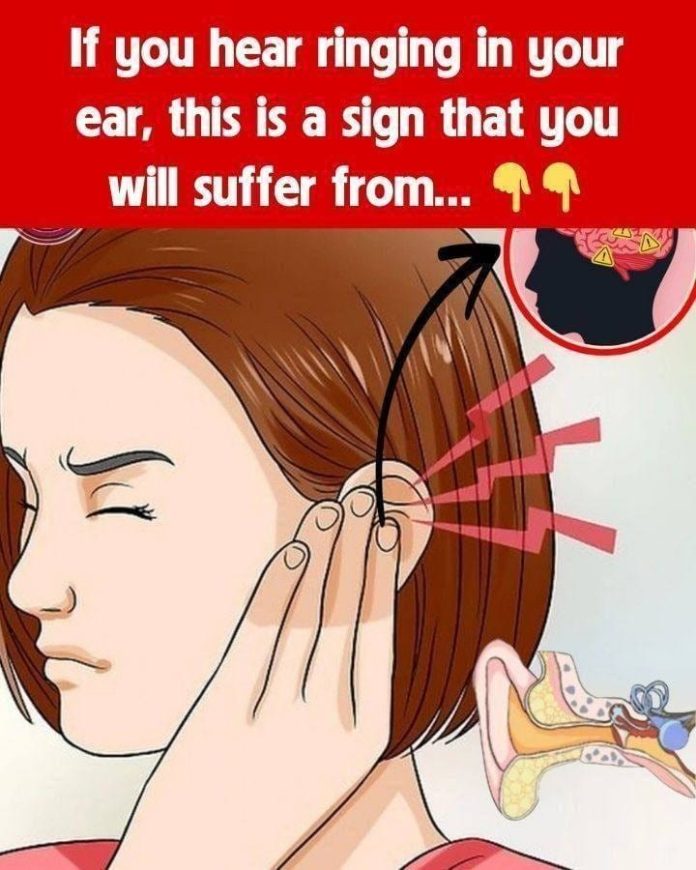Experiencing a ringing sensation in your ears, known as tinnitus, is a common condition that affects many individuals. While often perceived as a mere annoyance, tinnitus can sometimes indicate underlying health issues that warrant attention. Understanding the causes, potential health implications, and management strategies for tinnitus is essential for maintaining auditory and overall well-being.
What Is Tinnitus?
Tinnitus is characterized by the perception of sound when no external noise is present. Individuals with tinnitus may hear ringing, buzzing, hissing, clicking, or humming sounds, which can vary in pitch and may be constant or intermittent. This condition can affect one or both ears and can significantly impact concentration and sleep quality.

Common Causes of Tinnitus
Several factors can contribute to the development of tinnitus:
- Age-Related Hearing Loss: Known as presbycusis, this natural decline in hearing ability typically occurs around age 60 and can be accompanied by tinnitus.
- Exposure to Loud Noises: Prolonged exposure to loud environments, such as concerts or industrial settings, can damage the inner ear’s hair cells, leading to tinnitus.
- Earwax Blockage: Accumulation of earwax can obstruct the ear canal, causing hearing difficulties and tinnitus.
- Ear Infections and Injuries: Conditions affecting the ear’s structure, including infections or trauma, can result in tinnitus symptoms.
Potential Health Implications Associated with Tinnitus
While tinnitus itself is a symptom rather than a disease, it can be associated with various medical conditions:
- Cardiovascular Issues: Pulsatile tinnitus, characterized by rhythmic pulsing in the ears, may indicate vascular conditions such as hypertension or atherosclerosis.
- Ménière’s Disease: This inner ear disorder involves episodes of vertigo, hearing loss, and tinnitus, often accompanied by a feeling of fullness in the ear.
- Temporomandibular Joint (TMJ) Disorders: Problems with the jaw joint can lead to tinnitus symptoms.
- Head and Neck Injuries: Trauma to these areas can affect the auditory nerves or brain functions linked to hearing, resulting in tinnitus.
When to Seek Medical Attention
It is advisable to consult a healthcare professional if you experience:
Tinnitus following an upper respiratory infection that persists longer than a week.
Hearing loss or dizziness accompanying tinnitus.
Anxiety or depression related to tinnitus.
Prompt evaluation can help identify any underlying conditions and determine appropriate treatment options.
Managing and Treating Tinnitus
While there is no universal cure for tinnitus, various strategies can help manage its symptoms:
- Hearing Aids: For those with hearing loss, these devices can amplify external sounds, making tinnitus less noticeable.
- Sound Therapy: Using background noise, such as white noise machines or nature sounds, can help mask tinnitus and provide relief.
- Cognitive Behavioral Therapy (CBT): This form of counseling can help individuals manage the emotional impact of tinnitus and develop coping strategies.
- Medications: While no drugs can cure tinnitus, certain medications may help reduce the severity of symptoms or address associated conditions like anxiety or depression.

Preventative Measures
To reduce the risk of developing tinnitus:
- Protect Your Hearing: Use ear protection in noisy environments and keep personal audio devices at safe volumes.
- Maintain Cardiovascular Health: Regular exercise and a healthy diet can help prevent vascular disorders linked to tinnitus.
- Limit Ototoxic Medications: Be cautious with medications known to affect hearing, and discuss alternatives with your healthcare provider if concerns arise.
Conclusion
Tinnitus, or ringing in the ears, is a prevalent condition with various potential causes and associations. While often benign, it can sometimes signal underlying health issues that require medical attention. Understanding the possible causes and available management strategies is crucial for those affected. If you experience persistent or bothersome tinnitus, seeking professional evaluation is essential to address any underlying conditions and explore appropriate treatment options.

















